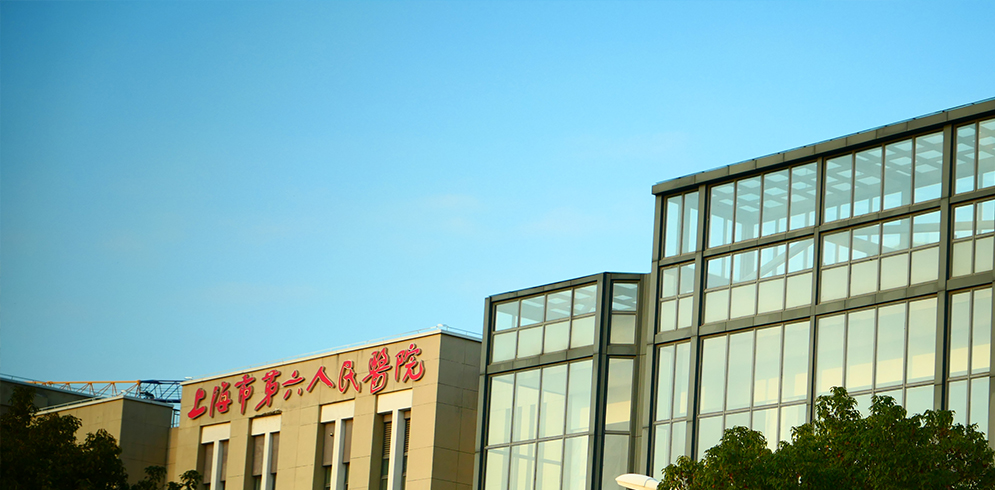
Introduction
The Department of Neurology of Shanghai Sixth People's Hospital is one of China's pioneering specialized departments. It was founded in 1985 and has gradually developed into a comprehensive neurology department integrating medical care, education, and research.
The Department of Neurology is designated as:
- Base for Standardized Neurology Residency Training
- Base for Standardized Neurology Specialist Training
- Shanghai Acute Stroke Treatment Clinical Center
- Shanghai Neurological Diseases Clinical Research Center
- Shanghai Neurological Rare Diseases Biobank and Precision Diagnosis Professional Technical Service Platform
- Integrated Stroke Center of the Chinese Stroke Association
- Cerebrovascular Diseases Diagnosis and Treatment Center of Shanghai Jiao Tong University
- Doctoral and Postdoctoral Research Station of Shanghai Jiao Tong University
The Department of Neurology comprises 8 sub-specialties/teams:
- Cerebrovascular Disease and Neurocritical Care
- Neurogenetic and Neuromuscular Diseases
- Diabetic Neuropathy
- Cognitive Disorders
- Parkinson's Disease and Movement Disorders
- Neuroimmunology
- Epilepsy
- Neurorehabilitation
These sub-specialties have evolved distinct diagnosis and treatment methodologies, and have implemented programs for collaborative research and talent development with prestigious universities or medical institutions. The department has also established effective career paths for young talent.
Specialties
The Department of Neurology was among the pioneers in China to adopt interventions for the diagnosis and treatment of cerebrovascular diseases, earning the Second-class National Science and Technology Progress Award. The Cerebrovascular Disease sub-specialty integrates multidisciplinary resources from Neurology, Neurointervention, Emergency Medicine, Radiology, Neurosurgery, and Rehabilitation. It has established a rapid response system in collaboration with the Shanghai Medical Emergency Center, delivering comprehensive treatment services for patients with acute cerebrovascular diseases year-round.
Neurogenetic and neuromuscular disease diagnosis and treatment are key facets of the department. It has notably developed extensive cohorts in hereditary leukodystrophy, peroneal muscular atrophy, spastic paraplegia, and paroxysmal movement disorders. Research projects encompass nerve, muscle, skin, and brain tissue pathology, alongside genetic molecular diagnosis. Treatment initiatives include hematopoietic stem cell transplantation for hereditary leukodystrophies, baclofen pump therapy for spastic paraplegia, and deep brain stimulation for dystonia, Huntington's disease, Parkinson's disease, and other movement disorders.




